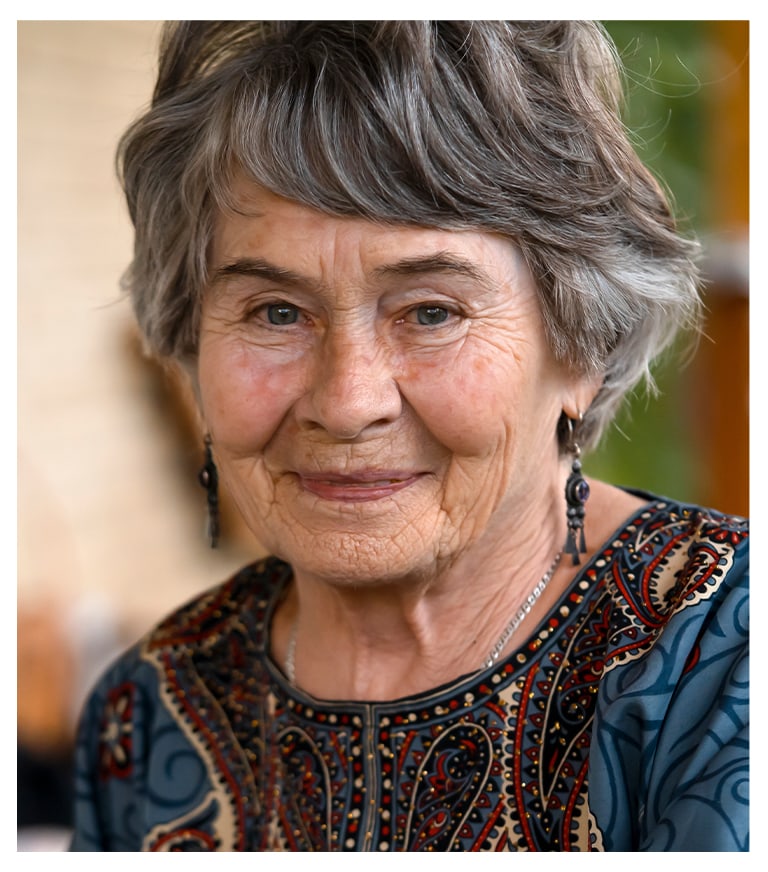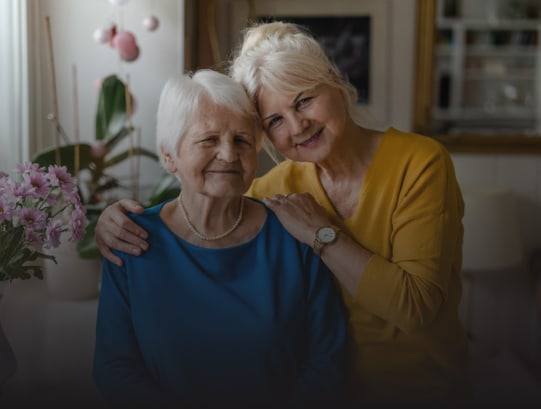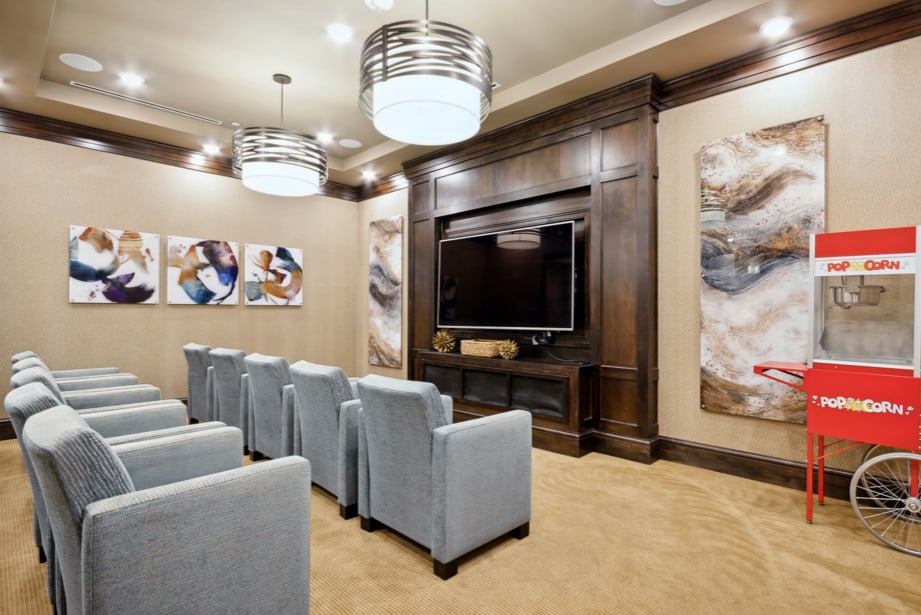Witnessing a parent or a loved one grapple with dementia is an emotional experience. It’s a diagnosis that can reshape relationships. For adult children and spouses of those with dementia, the challenge extends beyond understanding the condition itself but also involves supporting and caring for their needs and well-being.
Maintaining strong relationships, having a supportive network, and self-care while caregiving are essential elements in providing support to those with a spouse affected by dementia. Memory care in senior communities can help loved ones with dementia lead a balanced, comfortable quality of life with continual collaboration with families.
What Is Dementia?
Dementia is a range of conditions characterized by cognitive decline severe enough to interfere with daily life. Alzheimer’s disease is the most common form, but there are other types of dementia, each with its unique characteristics and progression. Symptoms often begin with subtle memory loss and confusion, which can progress to difficulty carrying out daily tasks.
While memory loss is a common symptom, other aspects of cognitive function may also be impaired, such as language, visual perception, and executive functioning, such as reasoning, judgment, and problem-solving.
Understanding the progression of dementia and how it might manifest and evolve is critical in providing support to those with dementia and allows for empathetic anticipation of their changing needs.
The Effect of Dementia on Spouses & Family
The diagnosis of dementia not only affects the individual with dementia but also the lives of their immediate family. For the spouse, the impact is particularly profound. Symptom severity, mood swings, and personality shifts can demand a change in caregiving and actively managing the daily challenges the condition presents.
The Essential Role of Caregivers
Caregivers play a pivotal role in the life of someone with dementia. For the spouse who becomes a caregiver, the boundaries between roles can blur, where self-fulfillment often comes from providing care and support.
Caregiving for dementia can be a round-the-clock job. This responsibility can be both rewarding and stressful. Understanding the importance of this role and seeking out support resources designed to help caregivers can make a difference for a loved one receiving care and for the caregiver and their relationship.
Supportive Networks for Dementia
Support for the spouse of someone with dementia can include close friends and family members, support groups, and professional caregivers. Building and maintaining a support network helps with sharing caregiver responsibilities.
Some ways in which family members and friends can help support those with a spouse affected by dementia can include the following:
- Establish routines to decrease confusion, reduce decision making, and incorporate structure to maintain daily life as normal as possible.
- Support a loved one’s independence as much as possible and for as long as possible, depending on dementia progression, to help maintain their dignity and lessen the stress of caregiving.
- Simplify tasks into manageable steps, giving each instruction one at a time to avoid confusion and frustration.
- Maintain a safe and comfortable environment to prevent issues such as falls and wandering.
- Encourage physical and mental activities based on abilities and stage of dementia.
Self-Care for Caregivers

While being in the service of another is arguably one of the most critical components of caring for a loved one with dementia, caregivers need to take care and time for themselves to prevent caregiver burnout and maintain their and the care recipient’s long-term well-being. Practical strategies spouses and caregivers can adopt include personal time, stress management, and even asking for help.
Reaching Out for Professional Dementia Support
There comes a time in the progression of dementia when professional support is not just an option but a necessity. Understanding when to seek this support can be crucial.
Spouses and family members need to recognize the need for professional care and research available care services. The transition to seeking professional help can be a challenging one, yet it is a pivot in caregiving for a loved one with dementia.
Memory care can meet every resident where they are in their journeys with personalized support and care. Some features of memory care can include:
- Individualized wellness plans
- Daily care
- Engagement opportunities
- Dementia-specific programs
- Continual communication with families
- Monthly support groups for families
- Family wellness conferences
- Medication management
- Dignified dining based on preferences and abilities
Support for Loved Ones with Dementia
Support for those with a spouse affected by dementia is not a one-time offering but a continuous journey of understanding, care, and support resources.
If you’re an adult child or spouse of a loved one with dementia and looking for personalized care and support, contact The Grande at Chesterfield for more information about our community and how we can provide a balanced, comfortable quality of life for them.










